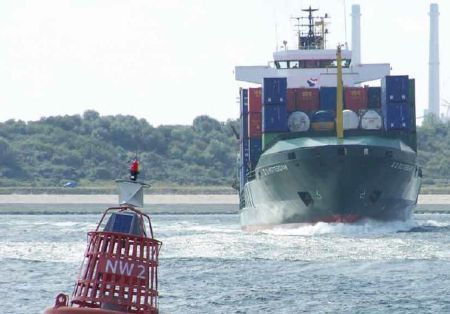
Bloem Doze Nienhuis, a provider of consultancy services to the maritime world, released its second short sea study.
Short Sea supply and demand unbalanced
The second Bloem Doze Nienhuis short sea study shows a cargo demand of around 1.8 billion tons0 between 2005 and 2012. In the same period the supply of the short sea fleet increases by 20%, from 38 to 47 million tons dwt.
In 2005, the short sea industry witnessed a reasonable level of profitability. With an annual growth of demand by 4% and a stable fleet size, the market will reach a new balance only in 2020.
The first Bloem Doze Nienhuis study signalled strongly volatile freight rates, mainly caused by a fragmented supply of tonnage. Mergers, joint-ventures and pooling agreements were suggested to improve utilization rates of vessels, as were as a better use of economies of scale.
Freight rates
During 2012 and the first half of 2013 freight rates reached new all-time lows. At the same time, demand from two main industry sectors using short sea transport (steel and forest industry) remains at the low level.
The authors propose the design and implementing of a reliable and representative short sea freight index, which professionalizes the industry and provides more transparency to stakeholders.
Financial performance
An analysis of five large players in the industry shows that asset light owners/operators perform better than competitors with large owned fleets. Problems with financing and losses seem to concentrate in the end of the chain, with the ship owner.
Financing is a key problem in the industry right now. Repayment on loans are postponed to avoid executions. When the markets will improve, these postponements will swallow the available cash flow for a number of years.
Bloem Doze Nienhuis
The study has been performed by Johan Wagelaar RA and Rabia Genç MSc. Johan Wagelaar is an associate partner at Bloem Doze Nienhuis and has a long standing experience in the maritime industry.
Rabia Genç is a financial analyst at Bloem Doze Nienhuis.
Bloem Doze Nienhuis is a maritime consultancy group, specialized in Market & Finance, Strategy & Legal Matters and technology & Innovations, with a wide network of related associate partners.
We use cookies to improve your experience. By continuing to use our site, you accept our Cookies, Privacy Policy,Terms and Conditions. Close X